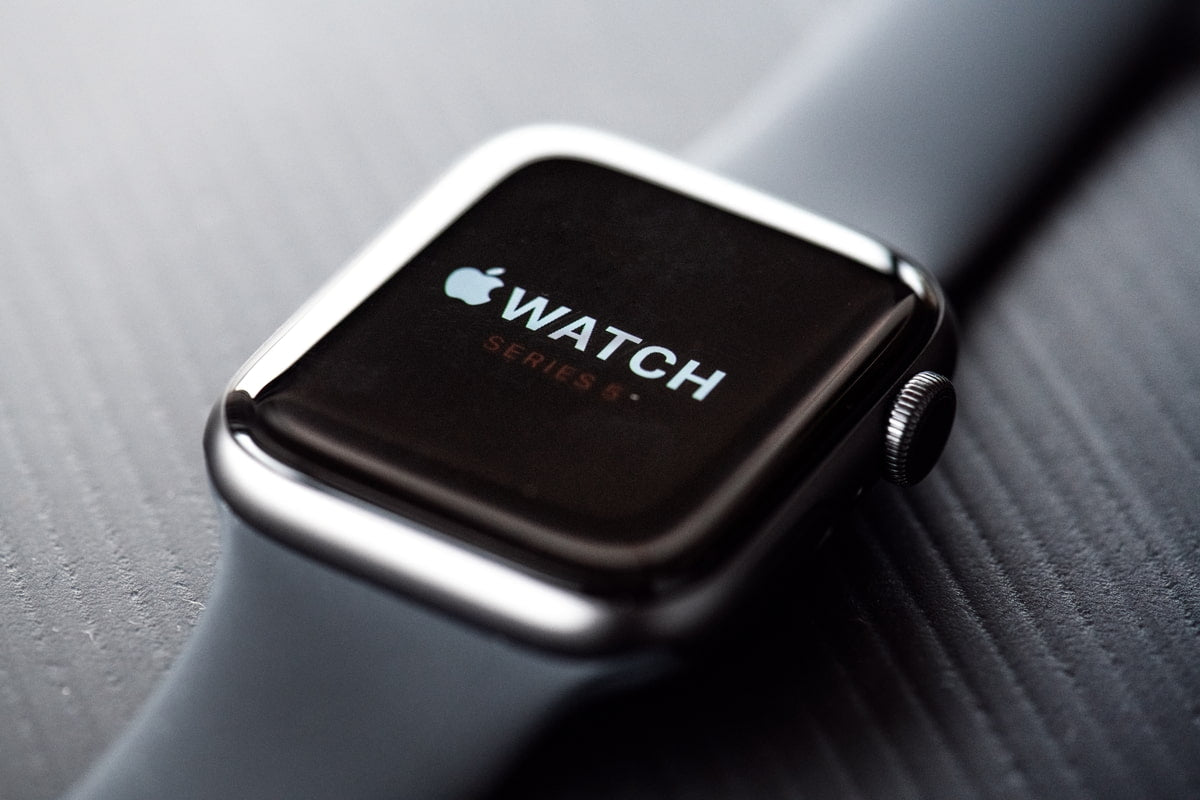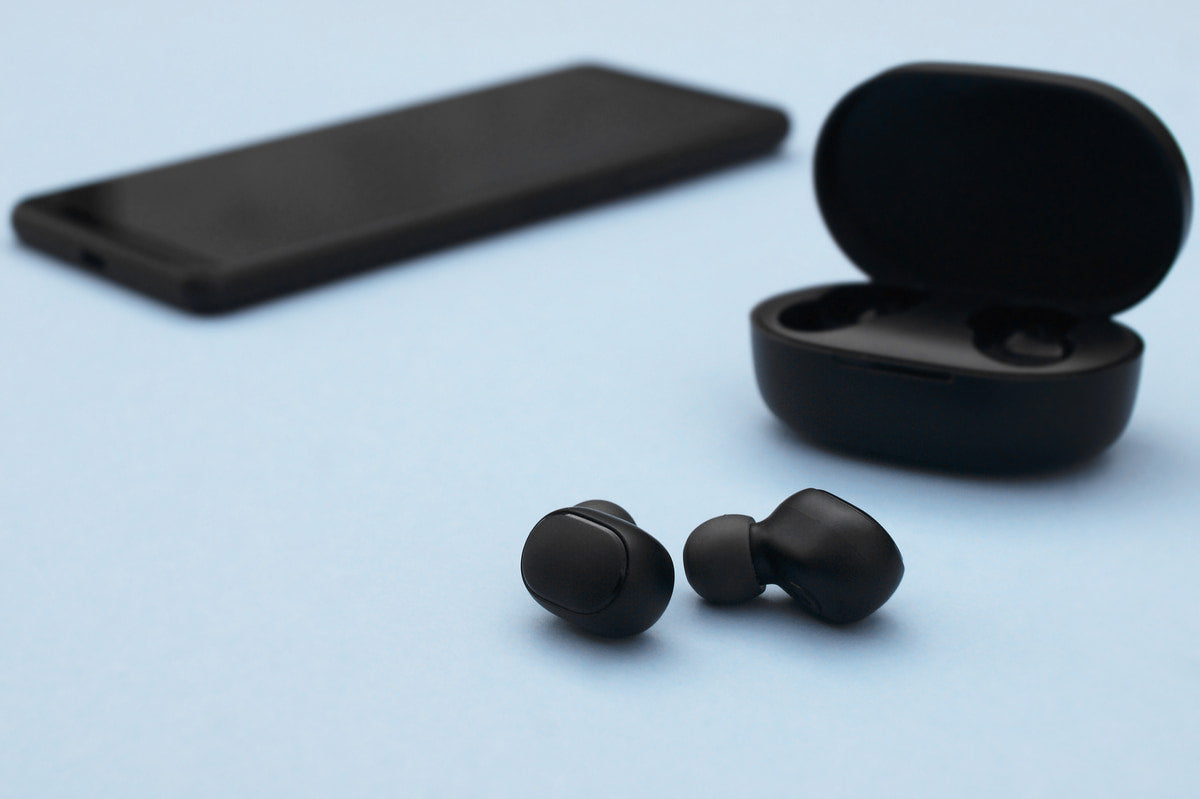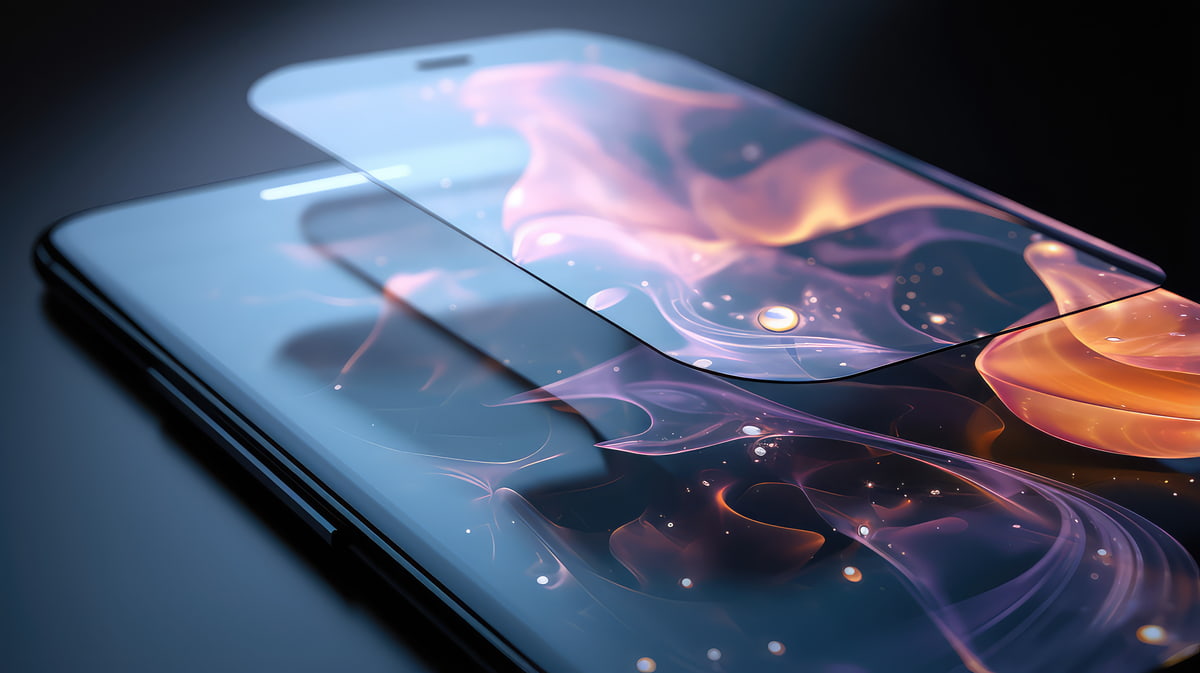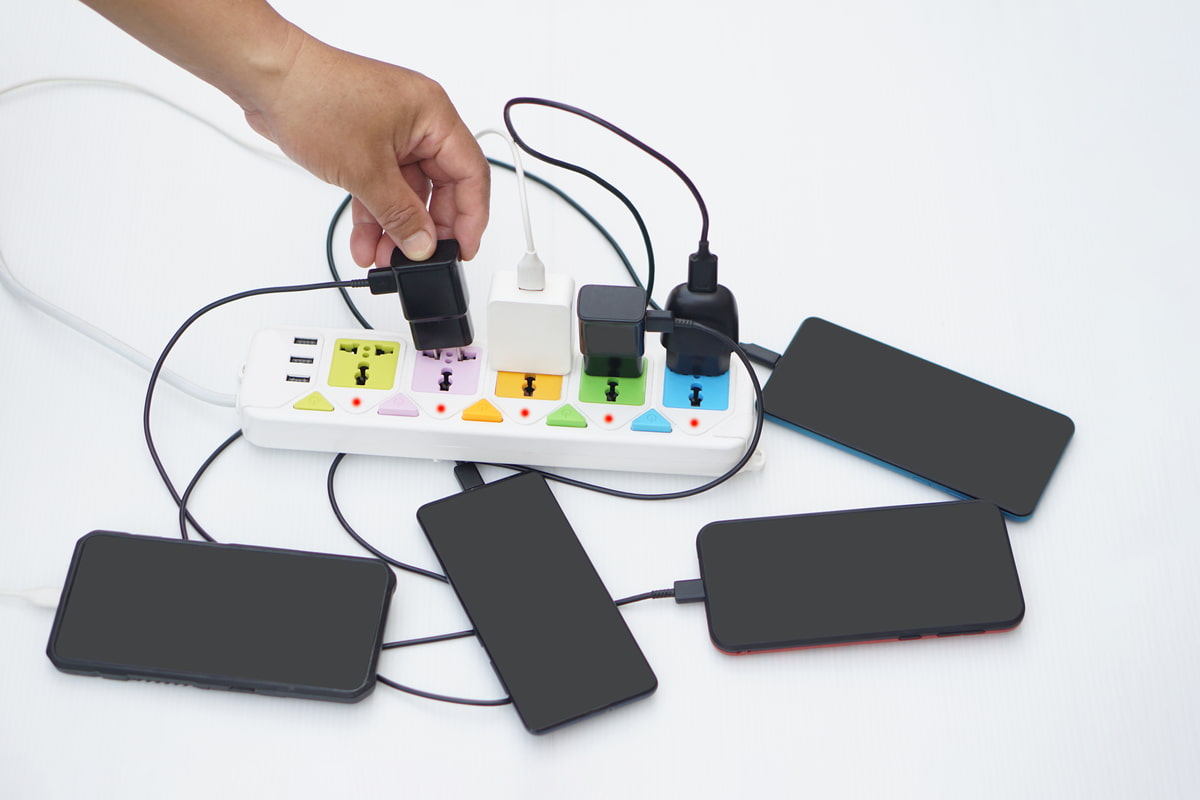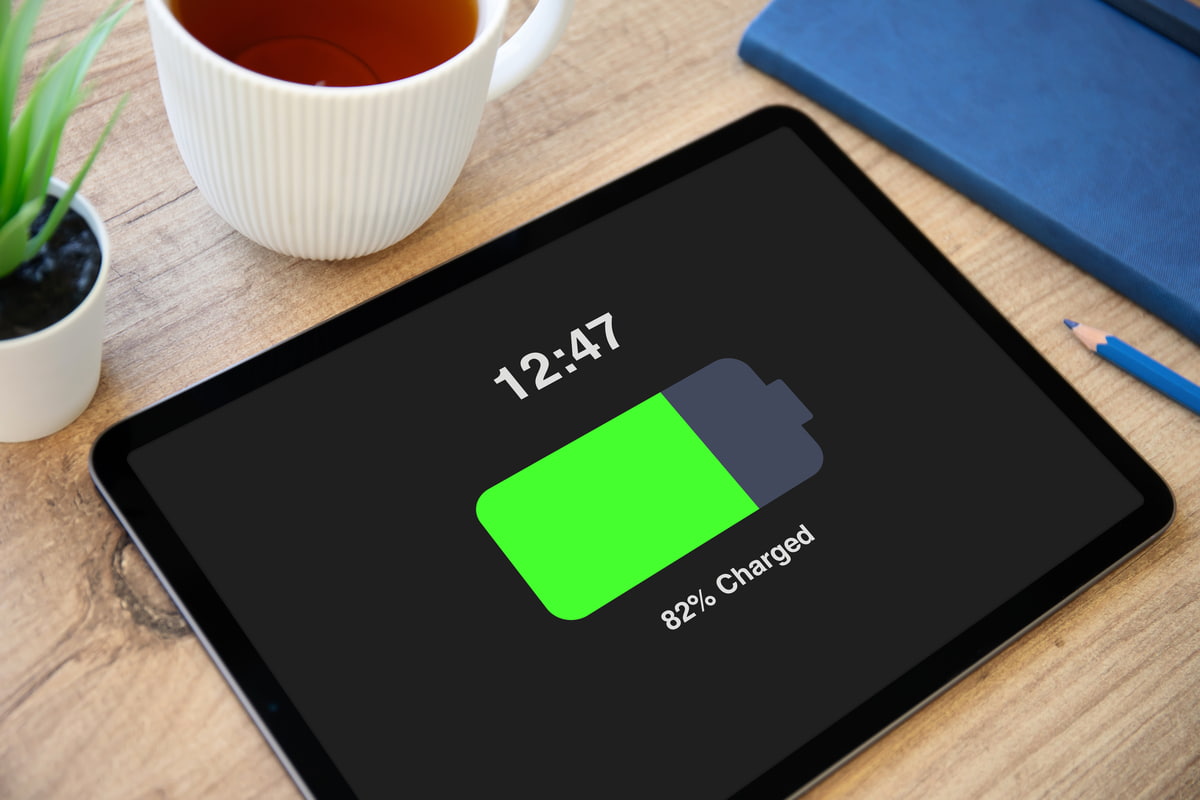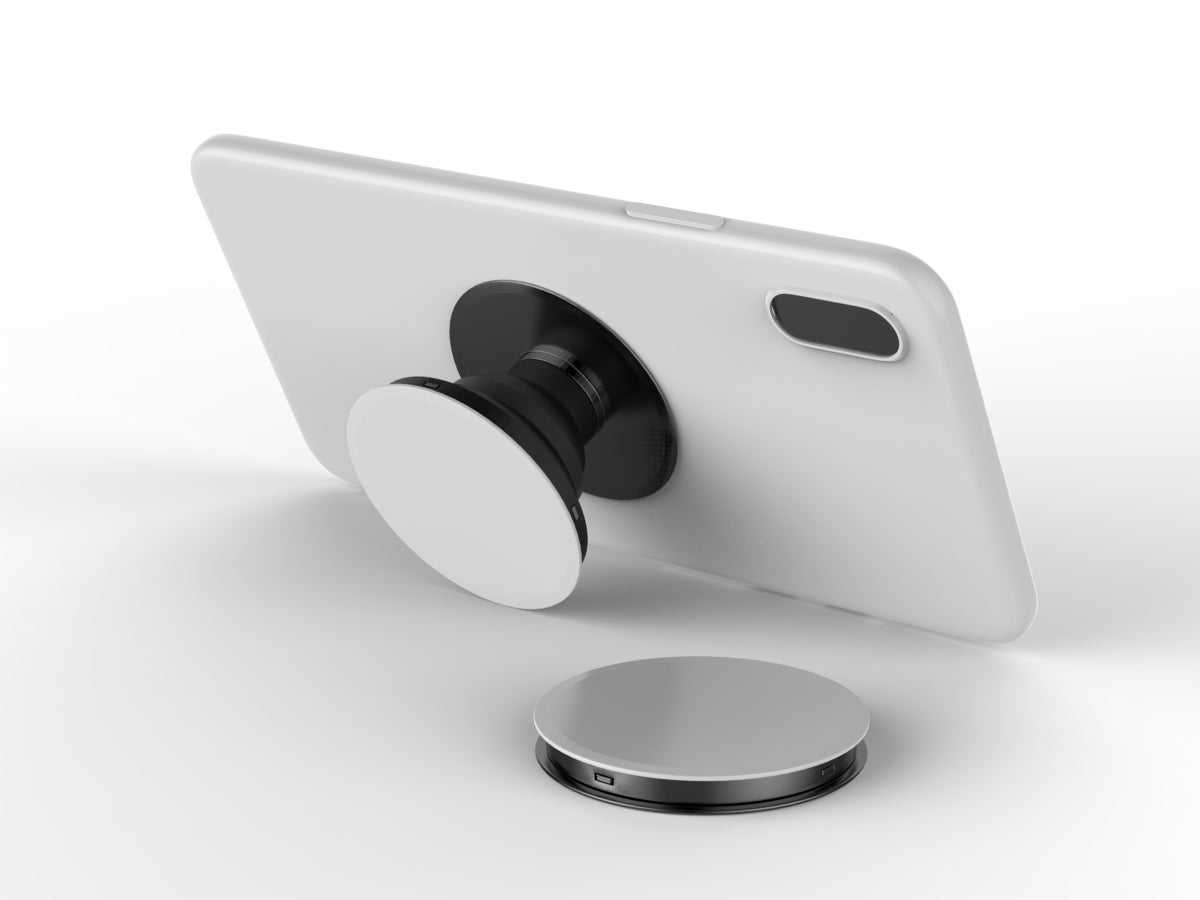
All About Qi
All About Qi
Discover the latest breakthroughs in long-distance wireless charging technology. Learn about current capabilities, maximum charging distances, and future innovations reshaping how we power our devices through various surfaces.
- 24 February, 2025
- 2 min read
Explore the compatibility between Android devices and Apple Watch bands, learn about alternative solutions for Android users, and discover the best options for smartwatch bands that work with your specific device.
- 23 February, 2025
- 1 min read
Explore the real impact of phone cooling cases on device performance and learn about different cooling technologies. Discover how temperature affects phone operation and find effective solutions for managing device heat through various methods.
- 22 February, 2025
- 2 min read
Master the process of installing wireless charging in quartz countertops with our comprehensive guide. Learn professional techniques, essential tools, and expert tips for successful hidden charging integration in stone surfaces.
- 22 February, 2025
- 2 min read
Learn about phone camera lens attachment compatibility with cases, discover different types of lens mounting systems, and find solutions for using both protective cases and photography accessories together effectively.
- 21 February, 2025
- 2 min read
Explore how wireless earbuds handle multiple device connections and learn about different connectivity features. Discover best practices for managing multi-device setups and find out how to optimize your wireless earbud experience across multiple devices.
- 20 February, 2025
- 1 min read
Learn professional tips and tricks for installing undermount wireless chargers. Discover expert techniques for perfect alignment, cable management, and troubleshooting to ensure optimal charging performance in any setting.
- 20 February, 2025
- 2 min read
Discover how different types of screen protectors impact facial recognition technology and learn best practices for maintaining optimal face recognition performance. Find out which protectors work best with Face ID and how to troubleshoot common recognition issues.
- 19 February, 2025
- 2 min read
Explore how charging multiple devices from a single hub affects charging speeds and learn about modern solutions for efficient power distribution. Discover best practices for multi-device charging and understand how to maintain optimal charging performance across all your devices.
- 18 February, 2025
- 2 min read
Discover the optimal charging distance for wireless charging through wooden surfaces, from desk setups to furniture integration. Learn about maximum distances, compatibility with modern devices, and how to achieve the best charging performance through wood.
- 18 February, 2025
- 2 min read
Explore how battery cases impact phone signal strength and discover modern solutions for maintaining strong connectivity. Learn about case design factors, best practices for users, and alternative charging solutions that help preserve signal quality.
- 17 February, 2025
- 2 min read
Explore the compatibility between wireless charging and PopSockets, learn about modern solutions for charging with phone grips, and discover how to optimize your setup for the best charging experience while keeping your favorite phone accessories.
- 16 February, 2025
- 2 min read





